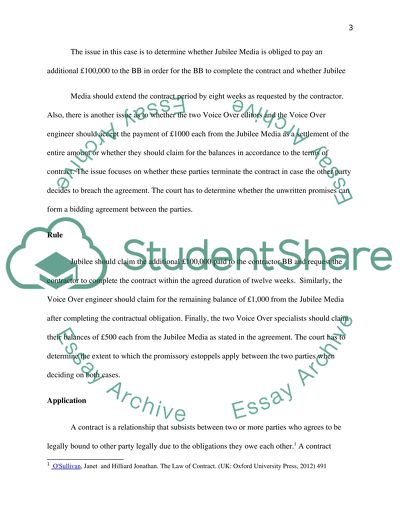Cite this document
(“Problem question on consideration and promissory estoppel Coursework - 1”, n.d.)
Retrieved from https://studentshare.org/law/1647060-problem-question-on-consideration-and-promissory-estoppel
Retrieved from https://studentshare.org/law/1647060-problem-question-on-consideration-and-promissory-estoppel
(Problem Question on Consideration and Promissory Estoppel Coursework - 1)
https://studentshare.org/law/1647060-problem-question-on-consideration-and-promissory-estoppel.
https://studentshare.org/law/1647060-problem-question-on-consideration-and-promissory-estoppel.
“Problem Question on Consideration and Promissory Estoppel Coursework - 1”, n.d. https://studentshare.org/law/1647060-problem-question-on-consideration-and-promissory-estoppel.


